Ivory Coast
The International Monetary Fund (IMF) has approved an aid package for Ivory Coast totaling $3.5 billion. The first tranche is nearly $500 million.
The programme, which has been endorsed by the Fund's Executive Board, is spread over 40 months and should help the West African country implement "the national development plan put in place by the authorities while preserving its macroeconomic stability", according to a statement.
"The series of global shocks has weighed on Ivorian public finances and regional reserves. In order to cope with this, the authorities have put in place a consolidation programme which should complement the financing provided by the Fund," commented the institution's deputy managing director, Kenji Okamura, quoted in the statement.
Although the Ivorian economy has generally resisted the pandemic, it has suffered, like most African countries, the repercussions of the invasion of Ukraine by Russia and the tightening of monetary policies of advanced countries.
The measures taken to "reduce pressure on prices, the increase in security spending and the trade imbalance, due to robust domestic demand, have reinforced macroeconomic imbalances", the institution detailed, prompting the government to request IMF support.
The IMF said it "fully supports the authorities' reform programme and welcomes their strong commitment to fiscal and debt sustainability and to the development of a more prosperous and inclusive society".
The West African country has seen its GDP grow by 5.5% in 2022, according to the IMF, which expects growth of 6.5% for 2023.
Inflation was also lower than in other countries in the region, at 5.5% over the past year, and is expected to slow to 4% this year.
The Ivorian president Alassane Ouattara estimated at the end of April that the country could achieve growth of 7.5% with an inflation rate that should return to 3.7% over the year.
"The economic outlook is therefore favourable," he said, "even if the government must remain attentive, due to the uncertainties linked to an unstable international situation.
Côte d'Ivoire has launched several investment programmes, notably in the key cocoa sector, in order to set up a processing industry, which until now has been carried out mainly outside the country, despite being the world's leading producer.
It also wants to improve its agricultural production in order to increase its exports to other African markets.



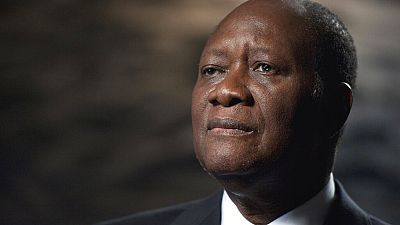

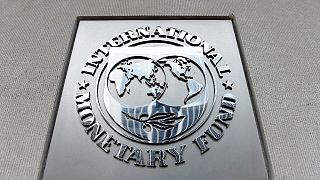
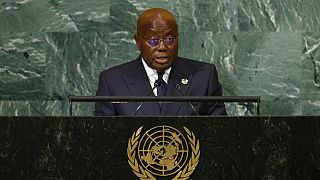
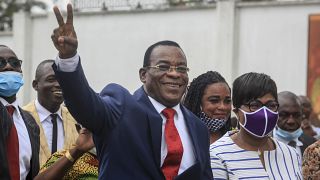
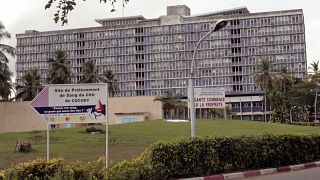
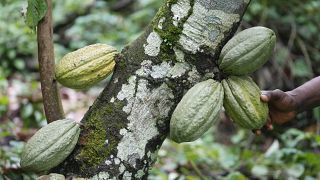



01:40
Kenya cancels airport and energy deals with Adani group after the U.S. indicts the tycoon
Go to video
Fugitive Zambian MP Emmanuel Jay Banda arrested in Zimbabwe after three-month Manhunt
Go to video
Spain to offer residency and work permits to undocumented migrants
Go to video
Archbishop of Canterbury will end official duties in early January amid sex abuse scandal
Go to video
Congo opposition leaders call for protests against president's plan to change constitution
Go to video
At least 7 members of Nigerian security force missing after insurgents ambush convoy